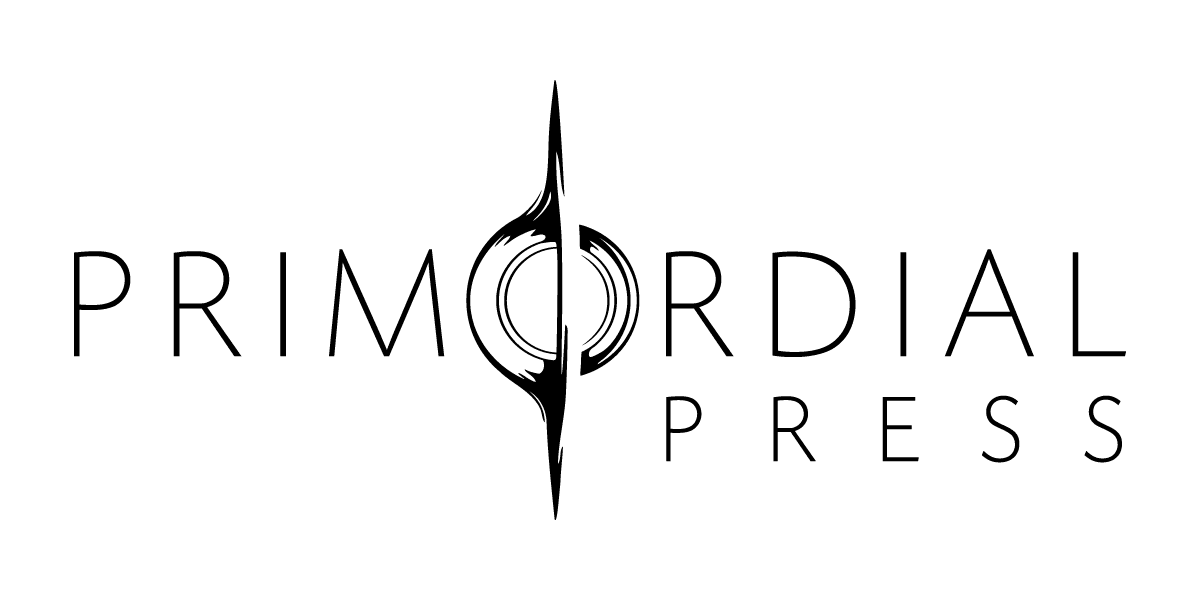Fantasy is unexplained Science Fiction: Blasphemy or Not?
I’m about to swim upstream for many people in the literary world by positing that there is practically no difference between most Science Fiction and Fantasy.
Before I go into more of that hypothesis, let me note a few things about myself.
I have a very deep background in the sciences. They span the disciplines of physics, chemistry and oddly enough, computers. So much so, that some of the material I’ve written on these technologies is used in university courses both internationally and domestically.
Before I’d ventured seriously into writing, I’d envisioned that I’d probably focus mostly on fantasy. After all, that’s what I enjoyed reading the most as a youth, starting with novels like The Hobbit/LOTR and into adulthood, moving through tales like Sword of Shannara and The RuneLords series.
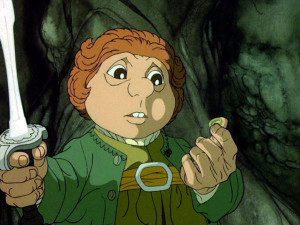
Don’t get me wrong, I enjoyed Science Fiction as well (e.g. Asimov, Clarke, etc.,) but being very close to technology, I didn’t always relate to the science portion of the Science Fiction I was reading.
I remember having a discussion with a cousin of mine who is a physician and asked him if he watched some of the medical shows on TV (back then, E.R. was popular). He immediately shook his head with a look of disdain and explained that he couldn’t get into it, because there’d be things that weren’t right or it was too close to home and was unpleasant for him to watch. It was a sentiment that I could totally relate to.
For me, reading was an escape. So I enjoyed not knowing how stuff happened and allowed myself to go on the adventure that the author had intended without muddying the waters with laws of physics and other inconvenient realities.
That was until I began writing stories.
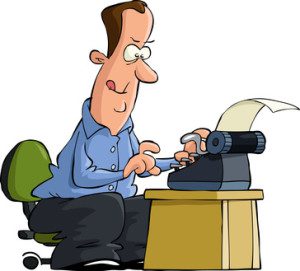
When I first sat down to write, my mind immediately turned to the material I enjoyed reading the most, Epic Fantasy.
It didn’t take me long before the engineer/scientist part of my brain began arguing with the would-be fantasy writer.

If I was about to put something into my story that was magical, the engineering side of me couldn’t help but wonder, “How could I make that actually work?”
Fantasy writers have always been taught that when you construct a magic system, you must be descriptive, consistent, and hopefully interesting.
For most authors without a strong science background, that simply means make up the reality, explain it and stick to it. Simple. However, I couldn’t see myself doing that. The scientist part of me kept nagging about, “How could I make a magic ring actually work in real life?”
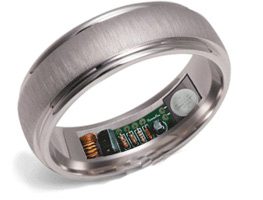
It then dawned on me that I could borrow from one of Arthur C. Clarke’s laws, “Any sufficiently advanced technology is indistinguishable from magic.”
What if I took that capability that I wanted, applied known science to it, and then extrapolated a bit, kind of like the science fiction folks do.
For example, I have a story that I’ve written called, DISPOCALYPSE:
In this story, I introduced the concept of a gold ring with some very unique properties. At its simplest, two people can wear a matched set of rings, and when one person taps or squeezes their ring, the person carrying the matching ring would feel the tap or squeeze in their ring. It serves as a very typical fantasy element and acts as a means of communication across great distances between two parties. Neat stuff. You can imagine in a fantasy setting, such magic rings being employed with various interesting outcomes. That’s in fact exactly what I do.
Although a fantastic little trick, the concept for such an item originated from within a deep dark cave in the world of particle physics called quantum entanglement.
Briefly explained, quantum entanglement is the concept that through a variety of methods a single item can be split into two parts where each of the parts end up sharing an unseen link even though they may have a relatively great distance between them.
This is most easily imagined as a photon of light being split (via a special type of beam splitter) such that each corresponding half can be affected in ways that ultimately affect the other. However, I’ll note that quantum entanglement has already been experimentally verified both at the subatomic level as well as macroscopic level between two small diamonds.
This is a very active area of research in academic circles today. I would greatly appreciate it if any of my readers (who happen to have the proper background and wherewithal) advances the concept and research further.
I want one of these rings.
Nonetheless, I’ve suddenly turned my “magic” ring into a ring of science fiction. Odd how that works.
I wouldn’t make a big point of that single instance of co-opting a fantasy item and morphing it into a science fiction element had I not found myself doing this kind of thing over and over again.
My “fantasy” novels were becoming Science Fiction – or at least the lines between the two were certainly blurring.
How about another example?
Let’s try mind reading.

The concept of reading minds has always been in the realm of hocus pocus. People wiggling their fingers and voila! Karnak the magician can now guess your name, etc.
But what if there was something more to it than that? In the novel I have under submission called THE CODE BREAKER, one of the characters has the ability to read minds. It’s something he simply is able to do, but if we take a step back, (which I did) and think, “How could such a thing actually work?” You too might come up with some of these revelations.
Today we have the technology to map the electrical currents in the brain via special wired harnesses.
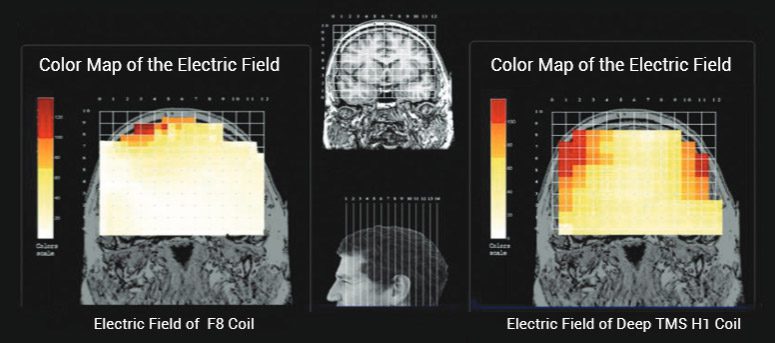
The fact is, these wires aren’t actually touching the brain, they’re measuring fields that the brain generates and using triangulation, they can determine where in the brain certain activities are occurring.
You can almost think of these fields as a type of sound if you will. Something that can be “heard” and even transmitted through the skull, blood, skin.
Using today’s technology, the brain can not only be “heard” it can be “talked to” in a similar manner. When certain frequencies and fields stimulate the brain, it reacts. Depending on the section of the brain being stimulated, the patient will get a variety of sensations, possibly a taste or visual effect or it may actually bring forth an emotion or memory of an event. These are all things that today are actively being researched with the hope of mapping out the different parts of the human brain and all of that serves as fodder for the imagination.
Going back to the novel and my mind reader, what if we imagined that someone had the ability to both “listen” to the brain at that level but also “talk” to it. Given special hearing, it is conceivable that the brain could be programmed, much in the way a computer is programmed.
So if the mind reader could subconsciously send out a signal (e.g. sub-sonic sound carrying a pattern) and the recipient’s brain reacted in a fashion that the mind reader could detect, you might have a means for someone to probe another person’s thoughts.
Heck, in THE CODE BREAKER, I even included a sample illustration of an audio spectroscopy analysis illustrating how such a thing might work. (TBD as to whether publisher will let me put that in.)
 So I covered magic rings and mind reading as two simple scenarios where “Fantasy” elements could actually be part and parcel of a Science Fiction story without really anyone blinking an eye.
So I covered magic rings and mind reading as two simple scenarios where “Fantasy” elements could actually be part and parcel of a Science Fiction story without really anyone blinking an eye.
I have much more, but I think the point is made.
It’s really up to the author to decide whether he wants to explain how it might work relative to technology that really exists in our world or not. If it’s a derivative of something that’s conceivable with known science, then it isn’t fantasy anymore, it really is science fiction.
I could just as easily formulate my story with the same magic ring and telepaths and make it a fantasy story. It just requires the author to base the “what makes it work” pretense less on science and more on “because I said so.”
I go back to my initial thesis which was, “Fantasy is really unexplained science fiction.”
While I think there’s plenty of room for both genres as being distinct from each other, I really believe that the lines blur severely and in some cases there’s an obvious reason why people lump “SF/Fantasy” together.
Supposedly, Fantasy sells better than Science Fiction. In truth, I wonder about that. As a writer and a reader, I’m torn.
I know I’ve always been partial to reading Fantasy, but as an author, I find myself drawn to writing stories that let people imagine, “What if.”
I never imagined myself growing up as a hobbit, nor did I hope to find the Sword of Shannara or become a Rune Lord. Nonetheless, I personally think it’s cool to leave a reader with that “what if” impression, because you can almost imagine yourself going to school and seeing technology evolve in a direction that makes some of the Science Fiction possible.
I suppose time will tell regarding whether the preponderance of my writing gets the Fantasy or Science Fiction label.
In the meantime, get back to reading – it’s a great way to escape, and maybe learn something if you’re lucky.
-Mike
